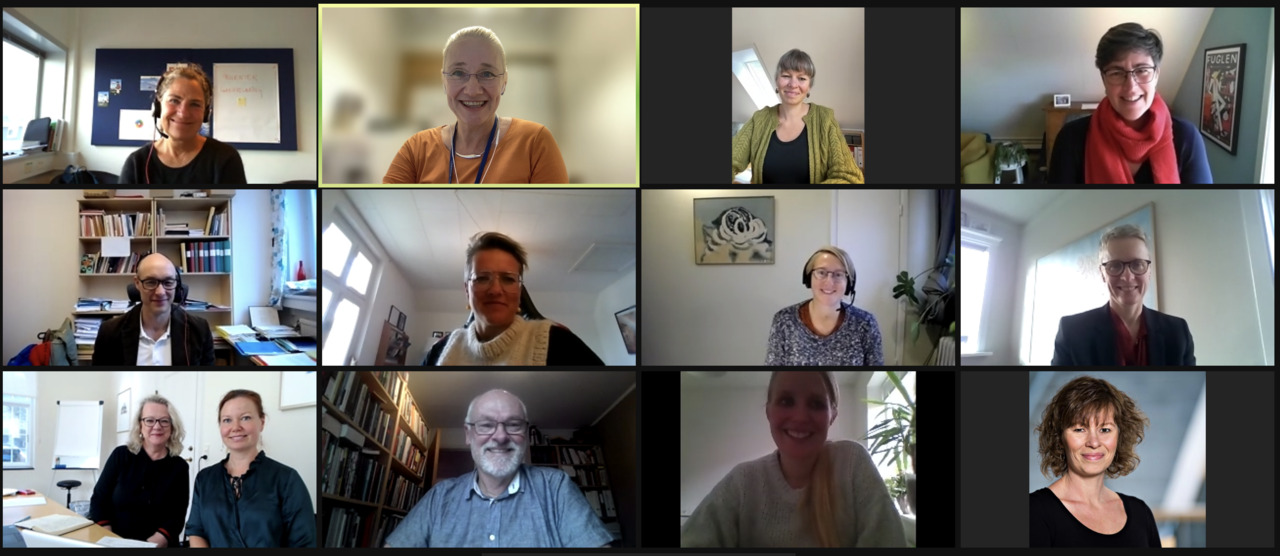Workshop 1: NordicCareerEd organised a successful workshop on Contemporary research on career education in the Nordic countries
The workshop was held online on 30.9-1.10.2021, and it gathered together Nordic scholars interested in career education in Nordic countries and self-governing areas.
At the first workshop the participants shared and discussed current and recent research on career education at compulsory school level in the Nordic countries and self-governing areas. We examined different ways of understanding the strengths and weaknesses of the different models and approaches in these countries. The overall aim of the workshop is to understand the ways inter- and transdisciplinarity could be better utilized in research to understand career education in the Nordic countries.
- Presentation on country reports outlining the current state of career education in the presenter's home country and introducing the specific concepts they considered relevant to the future of career education.
- Group discussions based on the country reports focusing on similarities and differences between countries were discussed here.
Takeaways from the first workshop:
- The definition of career education is relatively agreed upon by the Nordic countries and comes close to this one by Niles & Harris-Bowlsby.
''Career education is a systematic attempt to support pupils’ career development through various educational strategies, including providing information about different occupations, incorporating career-related concepts in the academic curriculum, offering various work-site based experiences, and offering career planning courses’ (Niles & Harris-Bowlsby, 2009).''
- The experiential dimension was emphasised across the Nordic countries. Many countries prioritise and organise that students get experience from working life.
- If not timetabled, career education is often challenging for schools to implement in a busy schedule
- In countries' curricula, there is a difference between whether career education is a national matter and how detailed the content of the subject are described.
- It may be somewhat unclear what students should learn and what the goal of career education is.
- There are differences among Nordic countries in whether career education is a subject similar to other scheduled subjects or not, and if not - how it should be implemented.
- There are differences in the organisation of career education for example who is responsible; study counsellors and/or teachers in the school or career practitioners who are located outside the school.
- There is a difference among Nordic countries between the level of education and the level of competence of the career practitioners/career education teachers
- A challenge for some countries is that what is determined politically does not always correspond to what is going on in practice. This means that what should ideally be implemented does not happen, which makes it difficult to examine whether career education as a subject in school has an impact on students' career considerations.

The first workshop included the following activities:
Day 1- Presentation on country reports outlining the current state of career education in the presenter's home country and introducing the specific concepts they considered relevant to the future of career education.
- Group discussions based on the country reports focusing on similarities and differences between countries were discussed here.
Day 2
- The creation of a conceptual map.
- Exploration of possible topics for common articles based on the conceptual map
The next workshop will address how to overcome theoretical and methodological challenges and will take place in April 2022 in Jyväskylä, Finland.